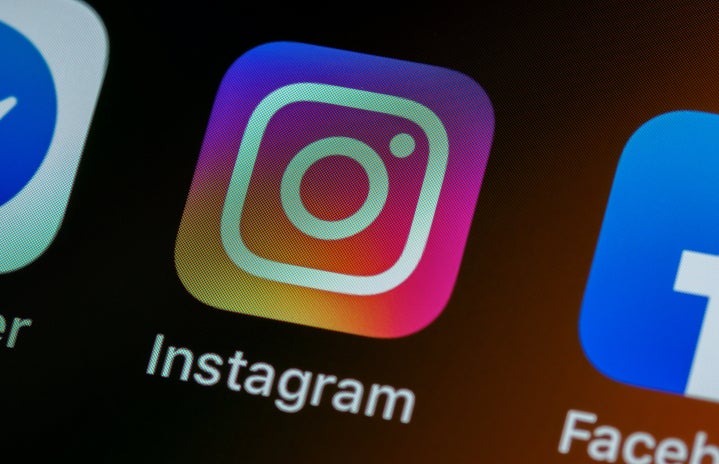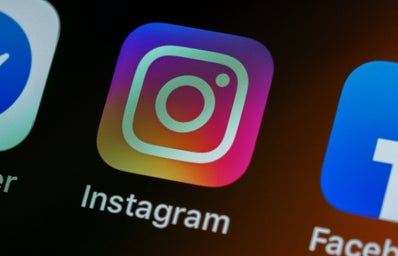Whether it be through Facebook, Instagram, Twitter, Pinterest, Tumblr or Snapchat, our generation has unfortunately become obsessed with our social media pages, and the addiction is #real. Maybe it’s because people in our generation portray themselves as awesome people with awesome lives that everyone “likes” literally and figuratively. Or maybe it’s because we basically drool over the attention that our social media platforms feed us. We as users place a certain value on things regarding our social media traffic; the “likes”, favorites, retweets, and shares our followers give us plays a role in our own value and self esteem. But I mean who could blame us when our online persona is beyond cool? However, since we are driven by the high we attain off of our likes, we often forget the collateral damage it could be causing.
Self worth and our confidence levels get tied up in the obsession of social media. If we don’t get enough likes on our Instagram photos, we take that as that no one likes us, or that we are not attractive or popular enough. In most cases, we probably end up taking the photo down if something like this happens. Our self-condolence and self esteem plummets, and we are left with giant feelings of disappointment. Last year, a Department of Mental Health in Thailand issued a warning about young adults, their addiction to likes, and the impact this obsession has on their minds:
“If they don’t get enough ‘likes’ for their selfie as expected, they decide to post another, but still do not receive a good response. This could affect their thoughts. They can lose self-confidence and have a negative attitude toward themselves, such as feeling dissatisfied with themselves or their body. … This could affect the development of the country in the future as the number of new-generation leaders will fall short. It will hinder the country’s creativity and innovation.”
Through testing, the organization was able to conclude that people only post photos just to get positive feedback from their followers. Certain individuals even believe that people should like every single one of their friends’ pictures to ensure that they will get the equal number of likes in return. Your friends view you as a vital part of their Instagram success, so you should be a good person and like all of their pictures. The saying “you have to give a little to get a little” is all too real in this situation. If you want to get likes on your pictures, you have to give likes… lots of them.
Being a fellow addict, I am guilty of feeling the disappointment of an unsuccessful tweet or Instagram photo. So much time goes into posting our pictures and thoughts that when we scroll down to refresh the timeline and see nothing, we feel like it too. Our brains are completely consumed in the social media frenzy and it is spinning out of control. Maureen O’Conner’s article, Addicted to Likes, closes with a line that covers the need social media feeds and the thought process that goes through our heads. “Because shameful as like addiction is, who among us has never experienced the desire to be liked, really liked, just a little bit more than usual, just this once? Or the horrible emptiness of having once been liked, and then facing something far worse than dislike — indifference.”

